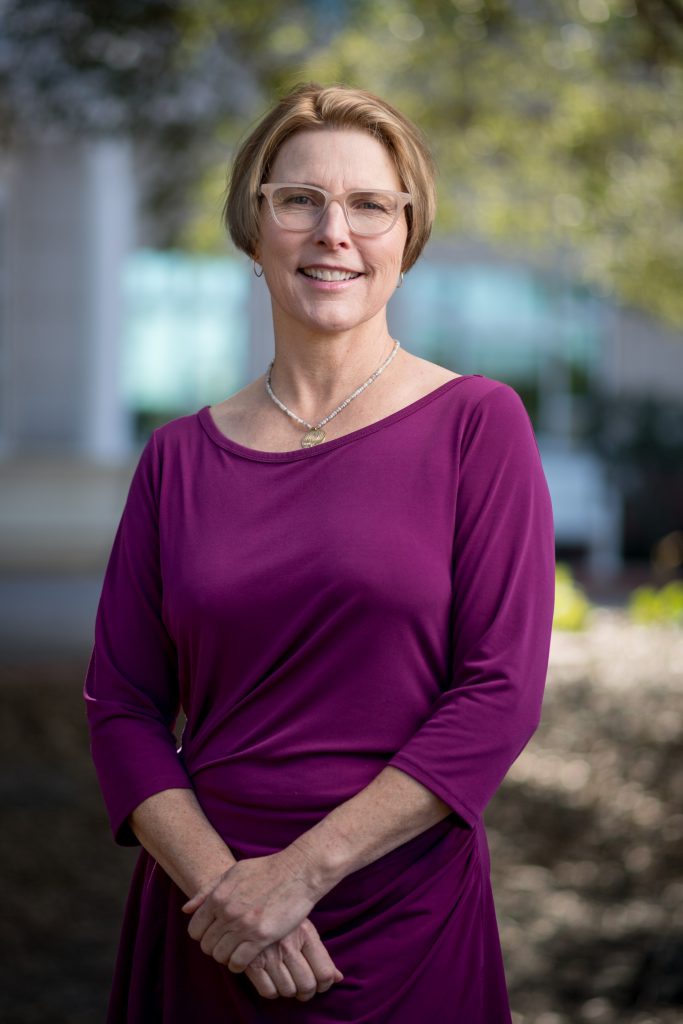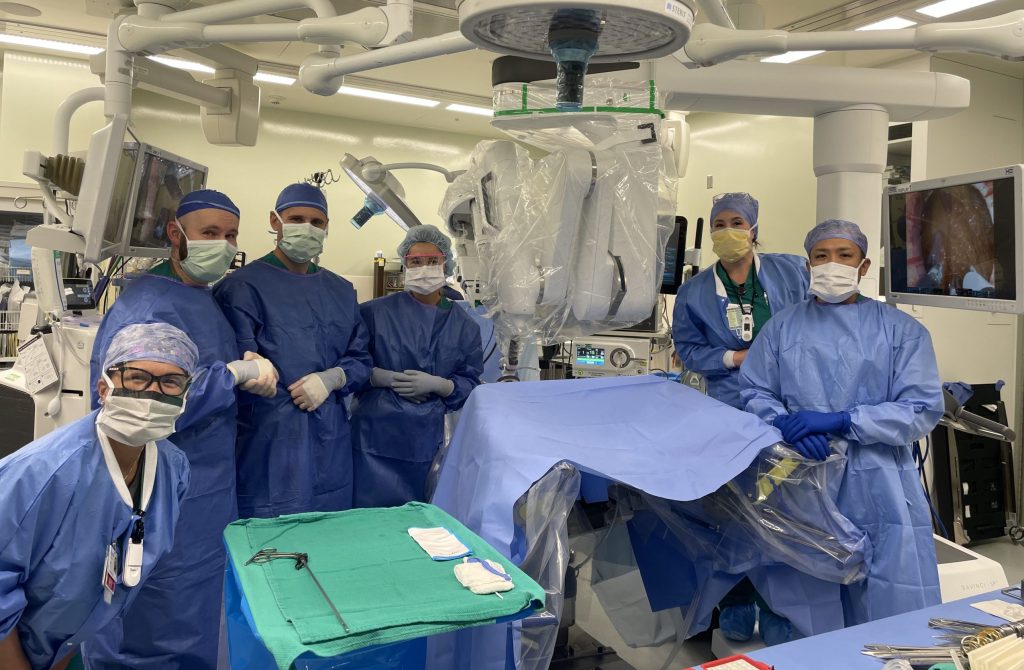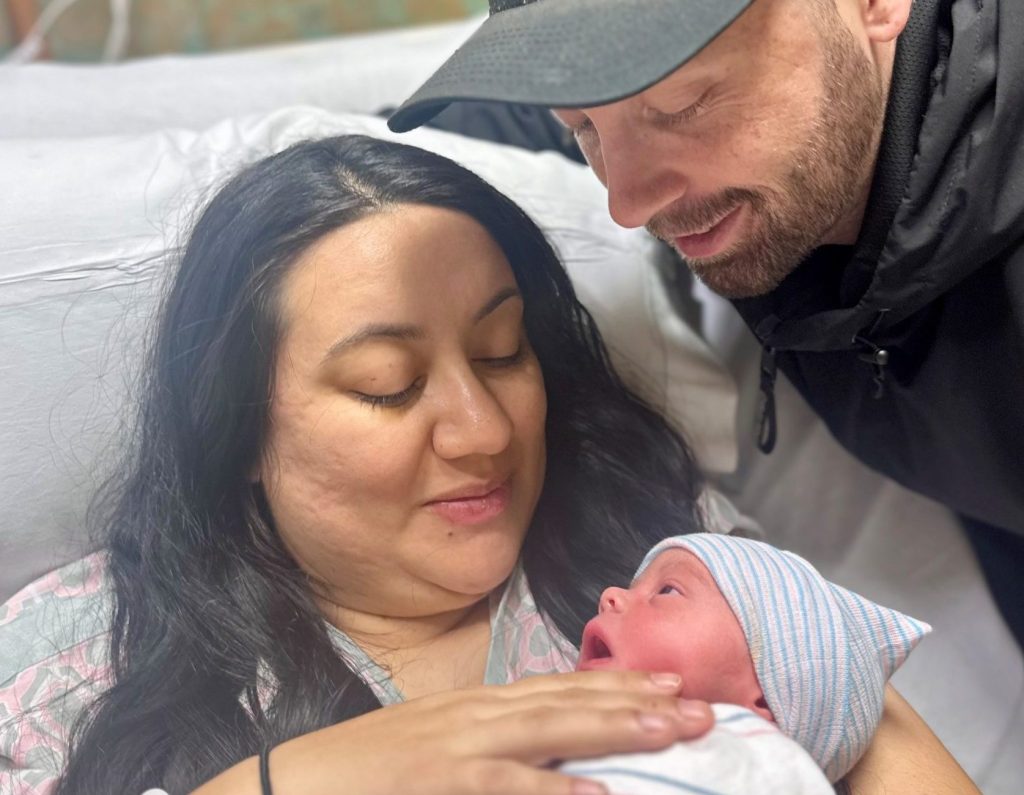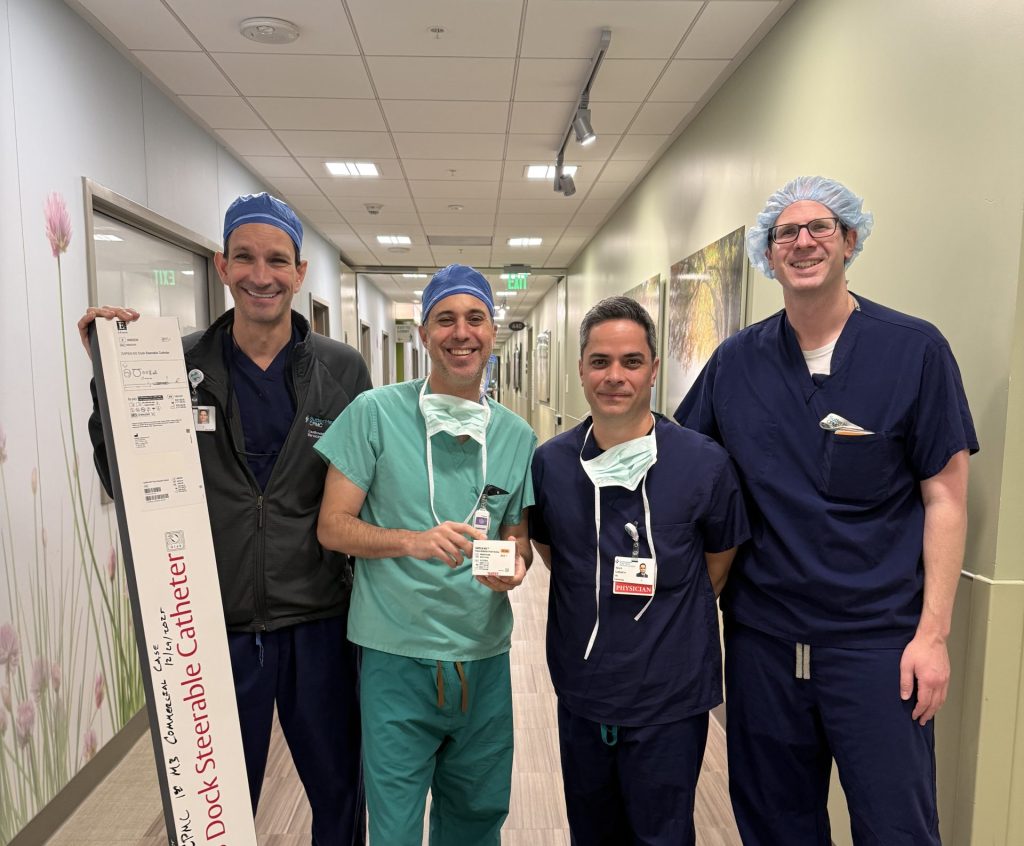Nurse-Midwives Continue to Care for Moms During Pregnancy and Birth
Many workers have been sidelined by the pandemic, but for nurse-midwives, life — quite literally — goes on.
“People still need us, pandemic or not,” says Jessica Nagel, a certified nurse-midwife for Sutter Medical Group in Davis.
Midwives the world over embody the caregiving ideals of compassion and calm under pressure. In designating 2020 the International Year of the Nurse and the Midwife, the World Health Organization could not have honored a more appropriate group at this not-so-calm time — nor could the American College of Nurse-Midwives in naming Oct. 4-10 National Midwifery Week.
In the United States, midwifery has evolved haphazardly from an unregulated home practice to the nursing-based model of today, with national standards and professional certifications and licensing similar to those for nurse practitioners. The profession now plays a vital role in the delivery of women’s healthcare, not just during pregnancy but throughout a woman’s life span.
“Midwives have become a valuable part of our care teams,” says Annette Fineberg, M.D., an obstetrician and gynecologist with Sutter Medical Group in Davis. “I’ve learned so much from the midwives I’ve worked with over almost 25 years. The collaboration between midwives and obstetricians is far more than the sum of its parts, and we all benefit.”
When Nagel was a college junior majoring in child development in the early 2000s, midwifery was not on her radar.
“I didn’t know anything about it,” she admits. “But I always enjoyed my classes in pregnancy and prenatal development.”
Recognizing her interests, Nagel pivoted to nursing school, working in a birth center and ultimately training in midwifery through Kentucky-based Frontier Nursing University. In 2009, she joined Sutter Medical Group in Davis, where she provides prenatal care at Sutter Davis Women’s Health Clinic and assists deliveries at Sutter Davis Hospital.
Kristen Ayer, a certified nurse-midwife and obstetrics/gynecology nurse practitioner for Sutter-affiliated Palo Alto Medical Foundation in Santa Cruz, stumbled into midwifery.

“When I was pregnant with my first son in 1980, I decided to have my baby at home with a midwife and became fascinated with pregnancy and birth, which led to my interest in midwifery as a career,” she says.
Under the guidance of seasoned midwives, Ayer studied normal pregnancy and birth and began apprenticing at home deliveries. After completing an apprenticeship, she decided to go to nursing school to become a certified nurse midwife.
Ayer completed her midwifery education at the University of California, San Francisco, in 1993 and has practiced in Santa Cruz County ever since. She estimates she’s delivered 3,000 to 4,000 babies in her nearly 30-year career.
Ayer and Nagel find their greatest job satisfaction in supporting women.
“The joy in my work is starting with someone who’s scared, and then, after spending time with them, seeing them walk out feeling empowered,” Nagel says. “They feel comfortable and brave and strong.”
Listening is key to that process, Ayer says.
“It’s a tremendous service to listen to women deeply, to connect with them and help them have the kind of delivery they want,” she says. “The value for patients is having someone who’s gentle and thorough and communicates well.”
Midwifery care looks a bit different in the age of COVID-19. Nagel and Ayer can no longer offer in-person group prenatal sessions, where pregnant women and their partners gather to learn and socialize. Ayer says group care and some office visits are transitioning to a virtual platform. Prenatal checkups look different, too.
“Now we do one-on-one checkups just with Mom,” Nagel says. “No more bringing in other kids to listen to the heartbeat, and now the partners are on Facetime in the room. There’s definitely a lot more use of technology and telehealth.”
Pandemic restrictions have produced at least one unexpected blessing. After giving birth, many moms return home feeling less exhausted because they haven’t had the pressure of extra people in the labor room and visitors dropping by later.
“Now, you can have only one healthy support person,” Nagel says. “The one-person rule has created some very intimate experiences for the woman and her partner. Women don’t feel they have to get presentable afterward, and they can both just take their time. They can relax and get to know their baby.”
Learn More about Nurse-Midwife Services at Sutter Health
At many Sutter hospitals, you have the option to choose a certified nurse-midwife. Sutter’s certified nurse-midwives deliver babies and can provide comprehensive prenatal care throughout your pregnancy.
Read on for more information on our certified nurse-midwife services.





